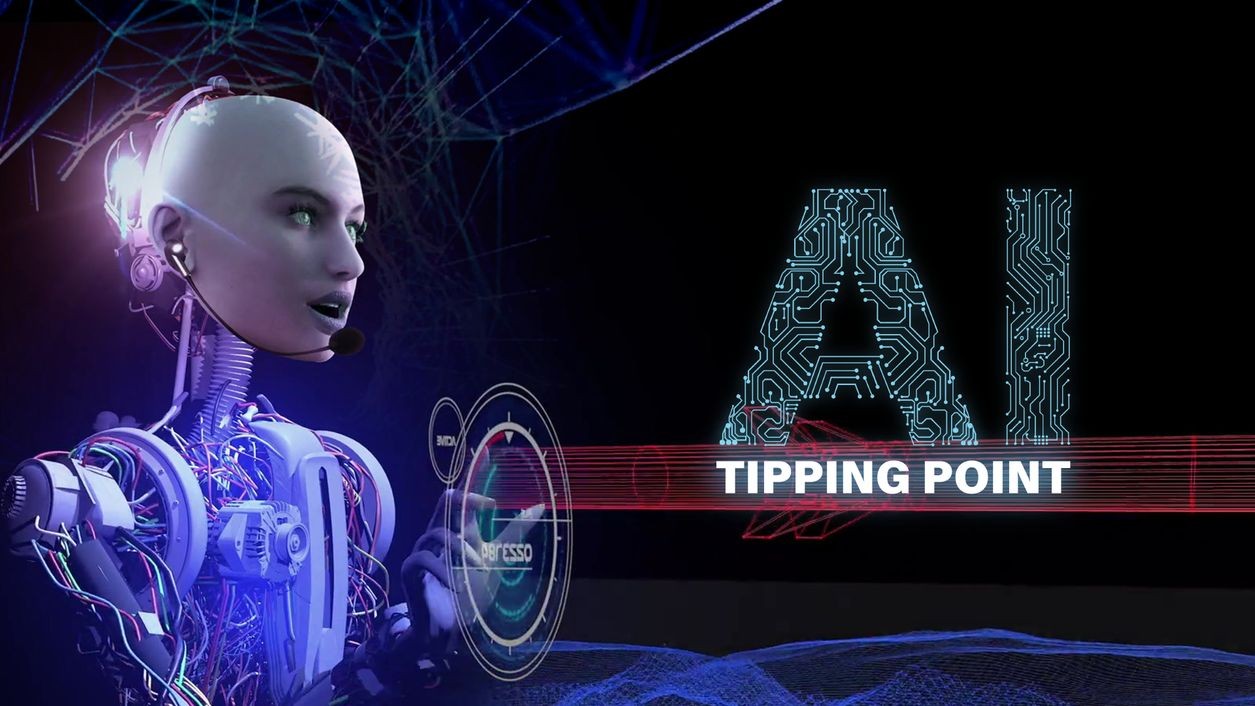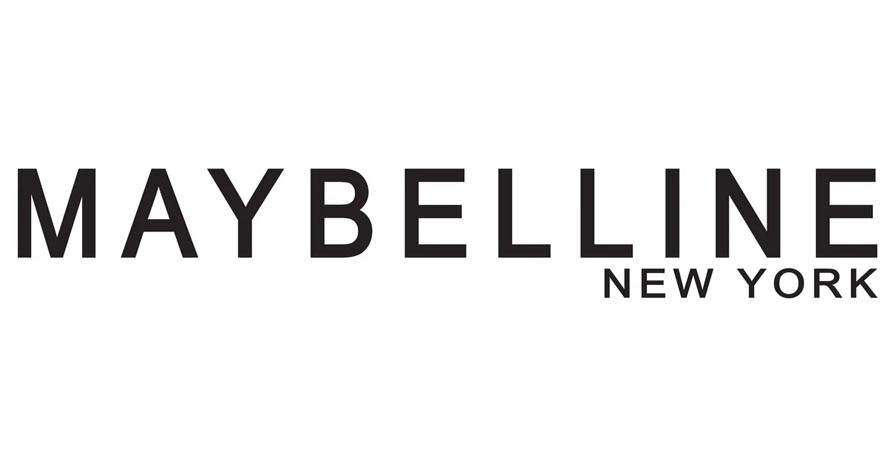Alexa and Google helper are not the only voice-activated gadgets on the market; Moshi is a cutting-edge speech AI helper. The artificial intelligence startup Kyutai, based in France, created it. Positioned as an adaptable replacement, Moshi generates extremely lifelike voice interactions through the use of advanced language models, particularly the Helium 7B model, offering a personalized and intricate user experience.
Many enthusiasts are looking for a more immersive AI interaction experience, which is partially why they are anticipating Moshi. This is due to OpenAI’s delayed release of ChatGPT’s Voice Mode. Moshi’s arrival attempts to close this gap with its unique take on speech AI, fusing state-of-the-art technology to outperform current voice assistants.
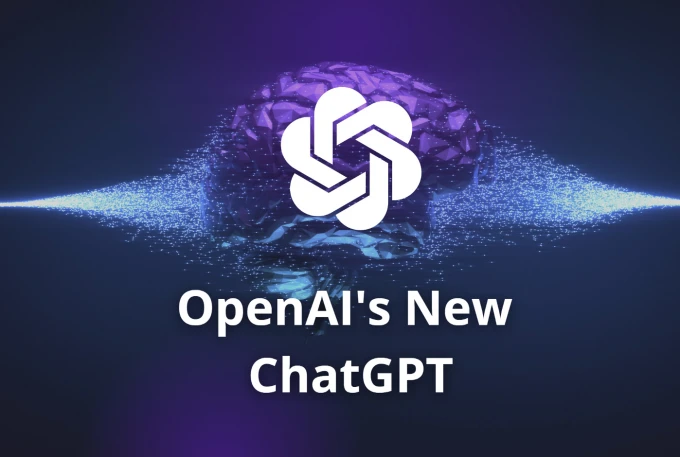
Unlike conventional voice assistants that rely on basic commands and preset responses, Moshi stands out for its ability to converse in multiple accents and adapt to over 70 emotional and speaking styles. This capability allows Moshi to tailor its responses based on user preferences and context, enhancing engagement and user satisfaction. By simulating human-like conversational nuances, Moshi aims to bridge the gap between AI and human interaction, offering a more natural and intuitive communication channel.
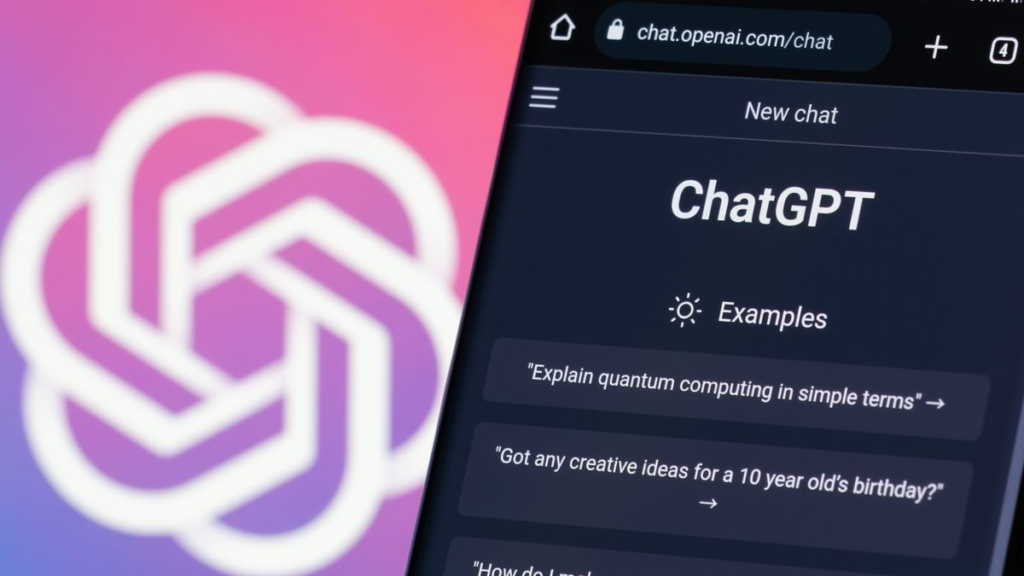
Central to Moshi’s functionality is its dual-stream audio processing capability, enabling it to listen and respond in real-time. This feature not only improves interaction fluidity but also supports applications requiring continuous dialogue, such as customer service and hands-free device operation. By processing audio locally on devices like laptops without constant reliance on cloud connectivity, Moshi ensures faster response times and enhances user privacy by minimizing data transmission over the internet.
Kyutai’s development strategy for Moshi involved meticulous fine-tuning through the synthesis of over 100,000 synthetic dialogues using Text-to-Speech (TTS) technology. This extensive training process aimed to refine Moshi’s understanding and reproduction of human speech patterns, ensuring accuracy and naturalness in its conversational abilities. Additionally, Kyutai collaborated with professional voice artists to enhance Moshi’s voice quality, further elevating its realism and user appeal.
In a significant departure from the closed-model approach adopted by many AI companies, Kyutai has opted to open-source Moshi. This decision reflects a commitment to transparency, innovation, and community-driven development in AI technology. By making Moshi’s model codes and framework accessible to developers, Kyutai aims to foster collaborative improvements and address ethical concerns surrounding AI, including privacy, bias, and accountability.
Moreover, Kyutai’s open-source initiative has garnered support from influential backers, including French billionaire Xavier Niel. This backing not only boosts Moshi’s credibility but also underscores the importance of democratizing access to advanced AI capabilities while ensuring responsible development practices. The move towards open-source AI solutions is poised to reshape the landscape of digital assistants, promoting greater diversity and innovation in voice AI technologies.
Looking ahead, Kyutai plans to integrate additional features into Moshi, such as AI audio identification, watermarking, and signature tracking systems. These enhancements aim to strengthen content verification and traceability, enabling users to authenticate AI-generated audio and combat misinformation effectively. By implementing robust verification mechanisms, Moshi seeks to uphold integrity and trustworthiness in digital interactions, setting a new standard for AI-driven voice technologies.
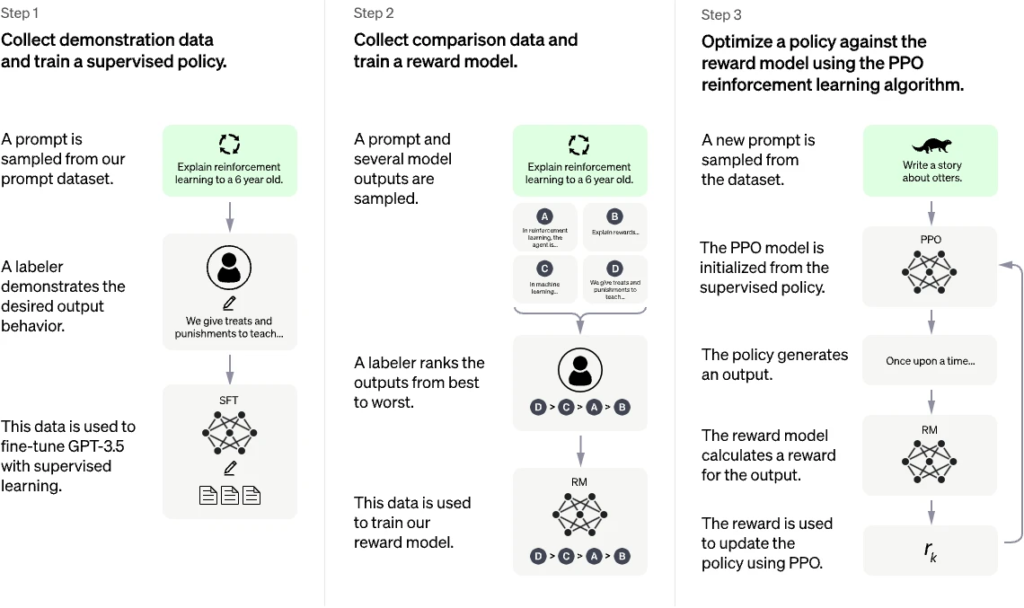
Offering customers a strong substitute for well-known voice assistants, Moshi’s launch marks a critical turning point in the development of speech AI. Moshi is positioned as a driving force behind innovation and competitiveness in the speech AI space thanks to its sophisticated capabilities and open-source development strategy. With its ongoing development and popularity, Moshi is well-positioned to drive breakthroughs that will benefit both consumers and companies by influencing the wider integration of AI technologies in commonplace applications.
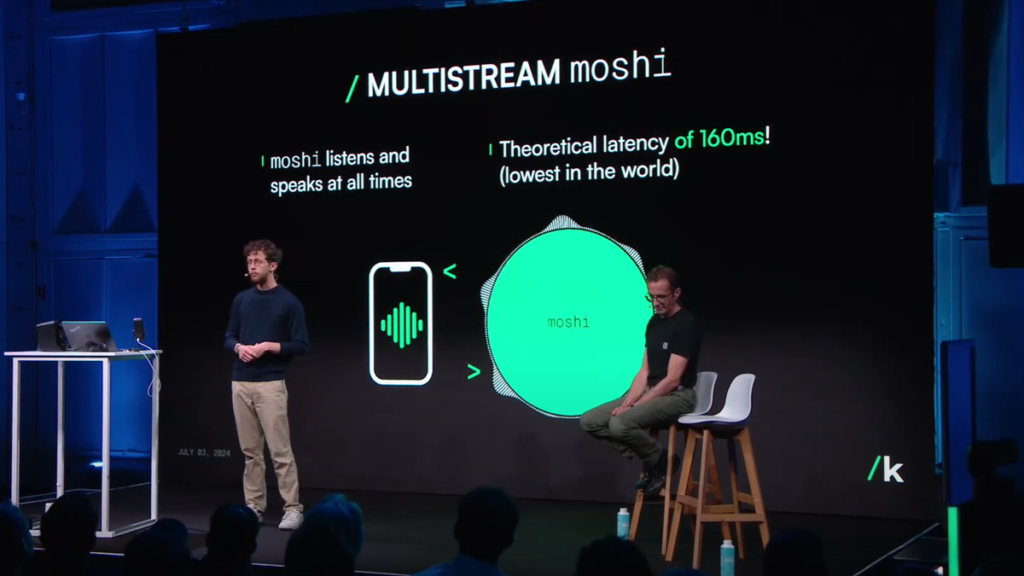
A demo of Moshi’s features is accessible online for individuals who would like to use it before the product is fully developed. This allows users to get a sneak peek at what this next-generation AI helper is capable of.
If you like the article please follow on THE UBJ.

